Although Türkiye's domestic market is expected to pick up with the start of the construction season in March, slowing exports and global uncertainties keep producers cautious.
The main source of this uncertainty is the US tariffs on the steel industry and fluctuations in scrap prices. US President Donald Trump's 25% tariff on steel and aluminum imports directly affects not only American steel production but also global steel prices. This interaction poses a major risk for the Turkish steel industry. The tariffs imposed by the US have pushed up local scrap prices, while competitive price pressures from Asia may also lead to cost increases for Turkish producers.
Scrap, one of the key raw materials in steel production, is at the heart of Turkish steelmakers' pricing strategies. Since Türkiye's steel production relies heavily on scrap imports, an increase in scrap prices directly affects hot rolled steel sheet (HRC) prices. When scrap prices rise, producers can demand higher prices in domestic markets. However, this brings Turkish steel prices down to competitive levels with international markets and makes imports more attractive.
Turkish mills have limited their scrap purchases in March due to the impact of US tariffs and the rise in global scrap prices. With scrap prices reaching as high as $360, producers are cautious, while some producers are expected to increase their scrap demand in favor of alternative billets. On the other hand, with rebar prices holding steady, a bottom may have been reached after the price declines in February.
It seems that the fact that scrap prices remain in a narrow band is affecting the pricing strategies of the Turkish steel industry. The absence of US scrap sellers in the market and the fact that scrap offers from the Baltic region have reached around $360 are causing Turkish mills to wait for higher market offers. Moreover, while price increases are expected to continue for new purchases starting in March, it remains to be seen how long this increase will last if domestic finished product sales do not increase at the same rate.
In conclusion, Turkish steel producers are taking strategic steps to stabilize their production costs while trying to cope with the uncertainties in US tariffs and global scrap prices. Changes in domestic demand and fluctuations in the global market are likely to continue to influence Turkish steelmakers' purchasing decisions. Until the market stabilizes, producers will continue to be prepared for price fluctuations by making more careful purchases.


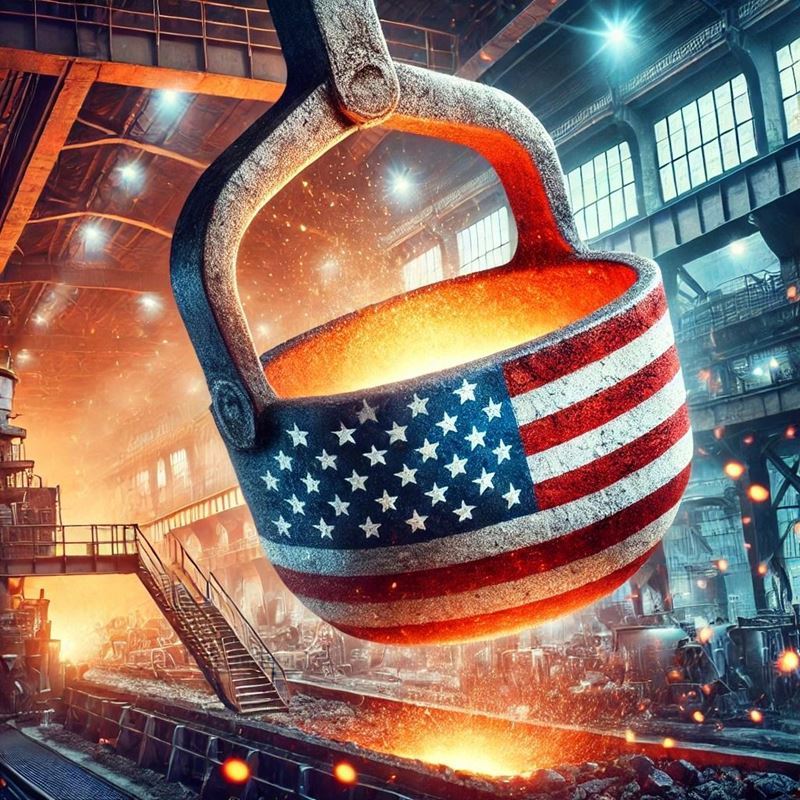

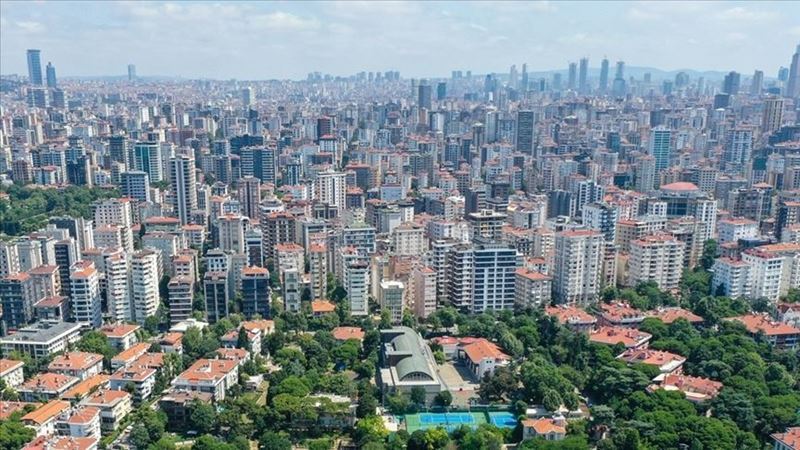
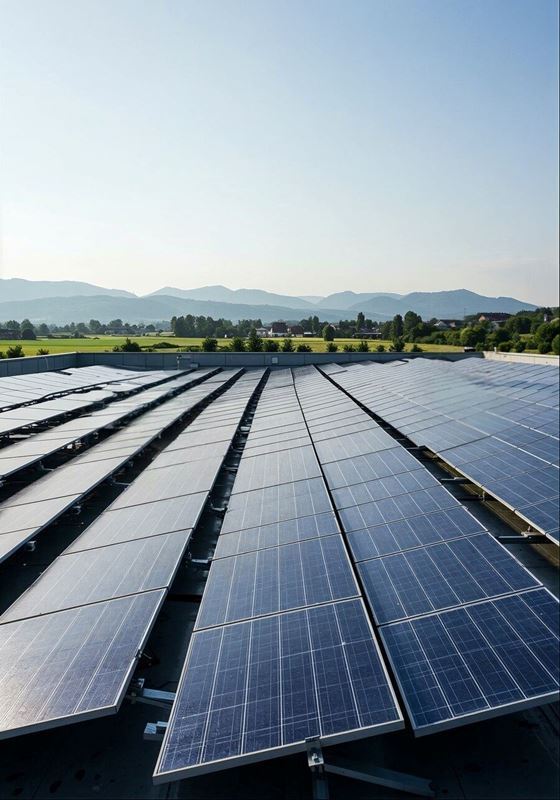
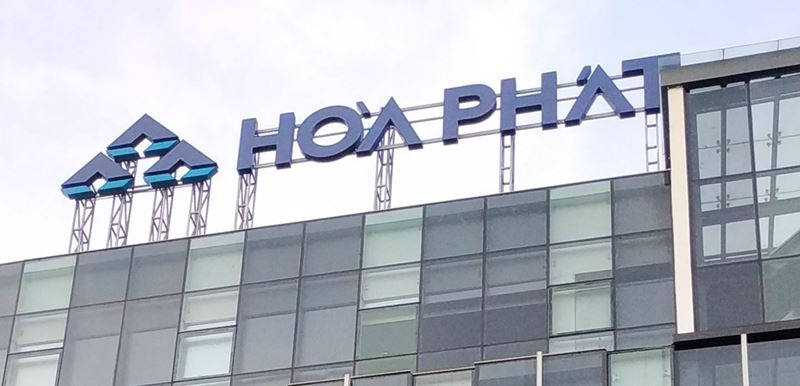
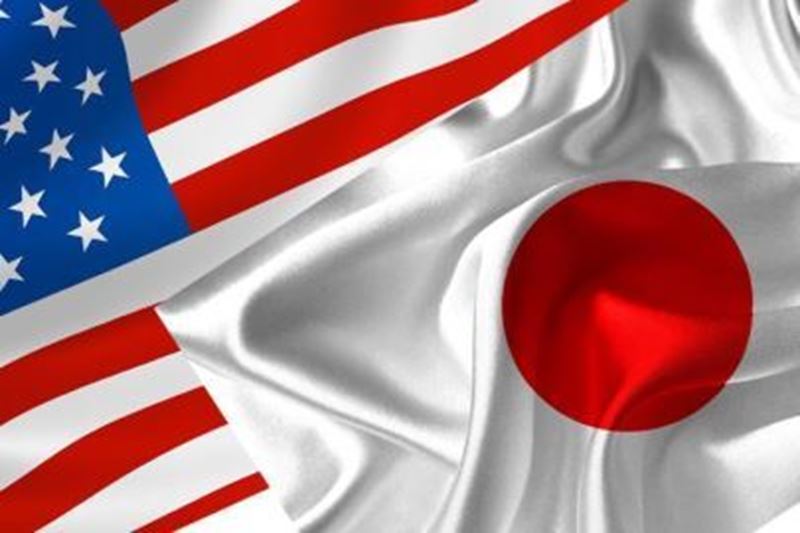
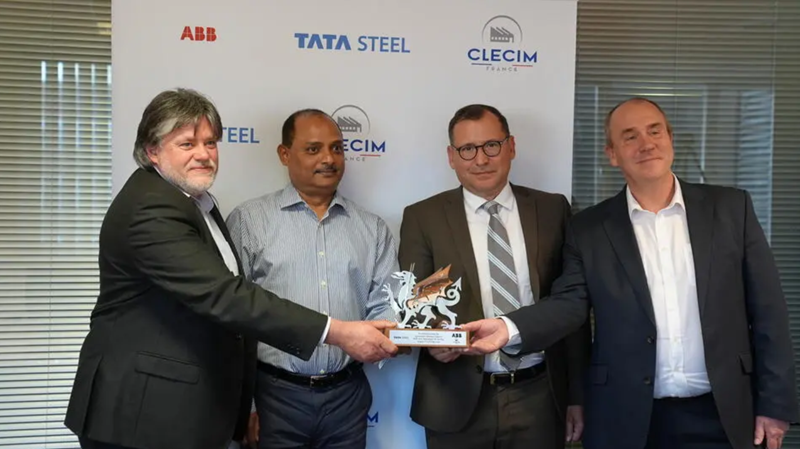


Comments
No comment yet.